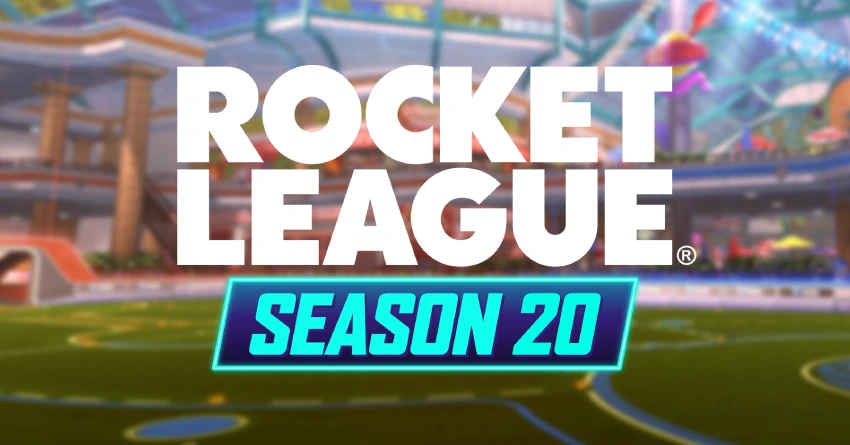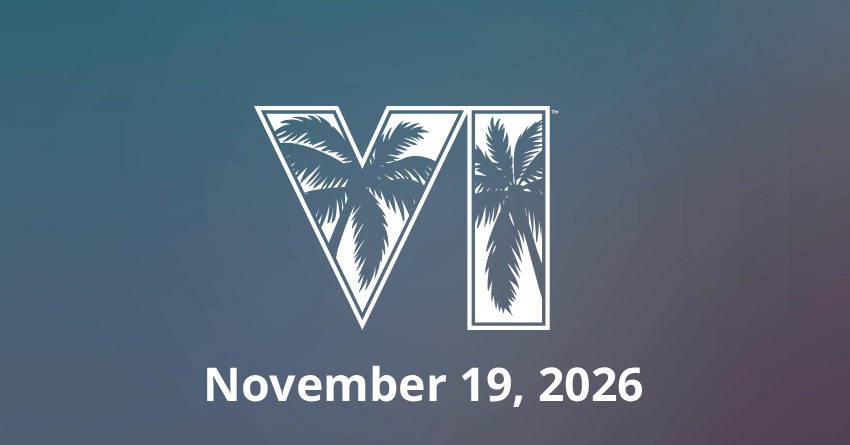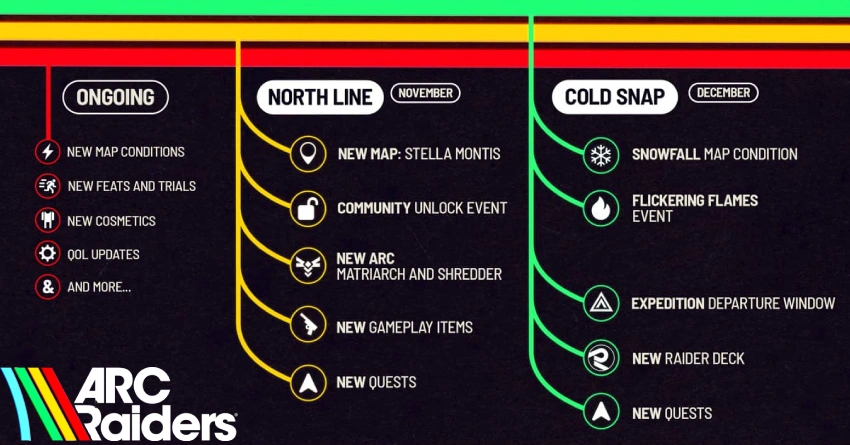Rocket League Season 20 has officially launched, running from September 17, 2025, until December 3, 2025. Far from being just another seasonal refresh, this update feels like a milestone in the game’s ongoing evolution. It introduces a brand-new competitive playlist, a flashy new arena, meaningful changes to progression, and a host of cosmetic rewards that lean into nostalgia. Whether you are a long-time veteran or a complete newcomer, this season has something to change the way you play.
For the official announcement, you can visit the Rocket League news page.
The Boostfield Mall: A new centerpiece for Rocket League
Every Rocket League season introduces fresh visual flavor, but Season 20 goes all-in with the Boostfield Mall. This brand-new arena is themed around shopping centers and the arcades that defined them. From neon lights to patterned flooring reminiscent of mall carpets, the design taps into nostalgia while still feeling modern.
Importantly, Boostfield Mall is not just a novelty map that disappears after a limited-time event. It’s becoming a permanent part of the playlist rotation. That means players will encounter it regularly across both Casual and Competitive modes, making it a true addition to the competitive landscape rather than a temporary experiment.
Visually, this design choice makes sense: malls once served as central hubs where people gathered, and in the same way, Boostfield Mall aims to become a gathering spot for Rocket League players, both thematically and in practice.
4v4 Ranked: A major competitive shake-up
The headline feature of Season 20 is the official introduction of 4v4 Ranked. For years, Rocket League players have had access to 4v4 through the Casual “Chaos” playlist, but many dismissed it as unbalanced or too chaotic to be taken seriously. Season 20 changes that perception by giving the format its own Competitive queue and reworking the arenas to support eight-player gameplay more effectively.
So what makes this different from old Chaos mode?
- Optimized Arenas: Maps in 4v4 now feature additional boost pads and smarter layouts. This reduces the frustrating scramble for boost and opens up more structured play.
- Competitive Ladder: 4v4 is no longer just casual fun. Players can now climb a ranked ladder, earn placements, and measure progress the same way they would in 2v2 or 3v3.
- Strategic Depth: With eight players on the pitch, matches emphasize spacing, role assignment, and coordinated rotations far more than casual Chaos ever did.
Fun Fact: Rocket League has not added a brand-new Competitive playlist in nearly seven years. The inclusion of 4v4 Ranked expands the competitive options available to players and offers a fresh challenge. For groups of four friends who want to play ranked together without leaving someone out, this is a game-changer.
Of course, there are questions about how 4v4 will fit into the wider ecosystem. Will it ever be taken seriously in esports? Probably not immediately, as 3v3 remains the core professional standard. But for the wider community, this format could become a new favorite, particularly for casual competitive players who value teamwork and coordination over solo carry potential.
Rocket Pass reimagined: Fairer and faster progression
The Rocket Pass has long been the backbone of Rocket League’s seasonal structure. However, it has also drawn criticism in the past for being grind-heavy and creating a divide between Premium buyers and free players. Season 20 tackles those concerns head-on with a redesigned progression system.
Here’s what changed:
- Challenges now grant XP rather than direct cosmetic drops.
- Every player—Premium or not—has access to the same set of challenges.
- Online matches provide twice the XP per second compared to previous seasons, speeding up progression.
- Private matches now award XP as well, letting players practice or scrim with friends without losing progress.
- Weekly and Seasonal challenges have been rebalanced: each offers more XP per task, and seasonal stages require less total grind overall.
This new structure makes Rocket Pass progression feel both faster and fairer. Free players are no longer penalized by missing out on challenges, and Premium players still enjoy exclusive cosmetic rewards. The grind is reduced, but the satisfaction of leveling up remains intact.
Rewards and cosmetic highlights
Cosmetics remain at the heart of Rocket League’s appeal, and Season 20 delivers plenty of variety. Some highlights include:
- Pontiac Firebird (Breakout hitbox) unlocked immediately when buying the Premium Rocket Pass.
- Chevrolet Astro (Merc hitbox) available as a later-tier Premium reward.
- Mad Rad Wheels, earned simply by logging in during the season.
- Playful effects like the Yes! Goal Explosion, Color Rush Boost, Snake Score Goal Explosion, and Nuggy Goal Explosion.
- 70 total tiers of free and Premium unlocks to grind through.
Overall, the rewards lean heavily into fun, nostalgic, and slightly wacky aesthetics, matching the mall theme perfectly. From retro vibes to quirky antennas, there’s something for every type of player to enjoy.
New Driver Challenges: A better start for newcomers
Onboarding new players has always been tricky in Rocket League. In the past, new accounts had to grind up to Level 20 before they could even access Competitive playlists. That requirement often frustrated newcomers who wanted to test their skills right away.
Season 20 replaces that system with New Driver Challenges. These challenges act as a tutorial and skill assessment combined. They teach the basics while also evaluating a player’s ability, ensuring that when they finally queue into Competitive, they are placed more appropriately.
The result should be healthier matchmaking across the board. Newcomers get into ranked play faster, while existing players face fewer unbalanced matches caused by fresh accounts being dumped into low ranks. In theory, this also discourages smurfing, since experienced players trying to bypass the system will need to complete these challenges first.
How 4v4 will change gameplay dynamics
To fully understand the potential of 4v4, it helps to think about how Rocket League strategy works in smaller formats. In 2v2, each mistake is magnified, and duels play a huge role. In 3v3, rotation and positioning become essential. 4v4 takes that even further.
With eight players on the field, teams will need to think carefully about spacing. Crowd control becomes crucial—if too many players cluster around the ball, passing lanes and defensive clears break down. Smart teams will designate roles, perhaps with one player holding a deep defensive line, two controlling midfield, and one applying pressure up front.
Boost management also changes dramatically. With more pads on the field, teams must still communicate to avoid overcommitting. A player who burns all their boost at the wrong time risks leaving their side exposed.
Tips for players entering 4v4 Ranked
- Communicate roles: Even casual groups should assign responsibilities, such as a dedicated goalkeeper or midfield anchor.
- Stay spread out: Avoid bunching up near the ball. Spacing is key to maintaining passing lanes.
- Practice rotations: With four players, rotation doesn’t mean “everyone follows the same pattern.” Instead, adapt rotations to fill gaps left by teammates.
- Scrim in private matches: Since private matches now award XP, use them for practice without sacrificing progression.
Why Season 20 feels like a turning point
Season 20 isn’t just about flashy cosmetics or a fun new map. It represents structural changes that will shape Rocket League’s future. By opening up 4v4 as a serious option, the game broadens its competitive appeal. By reworking Rocket Pass, it removes barriers that frustrated players in the past. And by streamlining onboarding, it ensures newcomers have a smoother experience.
Together, these shifts suggest a philosophy of making Rocket League both more accessible and more strategically diverse. For a game approaching its first decade, that’s exactly the kind of evolution it needs.
Conclusion
Rocket League Season 20 is one of the most ambitious seasonal updates in recent memory. With the Boostfield Mall arena, the long-awaited 4v4 Ranked mode, and a rebalanced Rocket Pass, players are getting more reasons than ever to log in. Add in the New Driver Challenges and a stack of nostalgic rewards, and this season strikes a balance between fun, fairness, and competitive innovation.
Whether you are climbing the new ranked ladder, unlocking quirky cosmetics, or just exploring the Boostfield Mall for the first time, Season 20 offers a fresh experience that pushes Rocket League forward while honoring its unique style.



